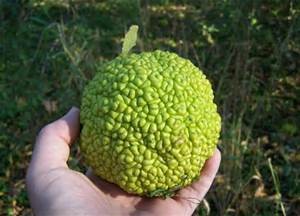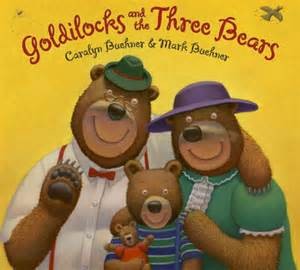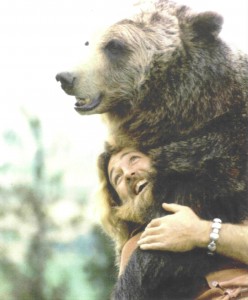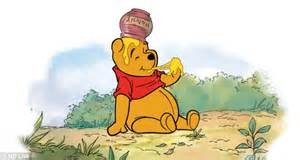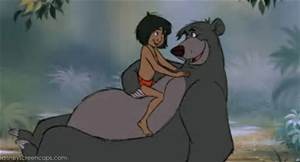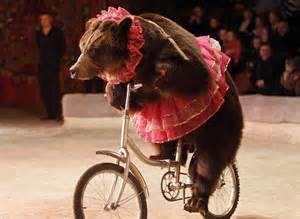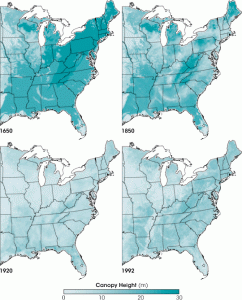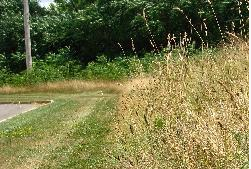“As I was leaving the Irishman’s roof after the rain, bending my steps again to the pond, my haste to catch pickerel, wading in retired meadows, in sloughs and bog-holes, in forlorn and savage places, appeared for an instant trivial to me who had been sent to school and college; but as I ran down the hill toward the reddening west, with the rainbow over my shoulder, and some faint tinkling sounds borne to my ear through the cleansed air, from I know not what quarter, my Good Genius seemed to say — Go fish and hunt far and wide day by day — farther and wider — and rest thee by many brooks and hearth-sides without misgiving. Remember thy Creator in the days of thy youth.(6) Rise free from care before the dawn, and seek adventures. Let the noon find thee by other lakes, and the night overtake thee everywhere at home. There are no larger fields than these, no worthier games than may here be played. Grow wild according to thy nature, like these sedges and brakes, which will never become English bay. Let the thunder rumble; what if it threaten ruin to farmers’ crops? That is not its errand to thee. Take shelter under the cloud, while they flee to carts and sheds. Let not to get a living be thy trade, but thy sport. Enjoy the land, but own it not. Through want of enterprise and faith men are where they are, buying and selling, and spending their lives like serfs” (Thoreau 226).
I found this passage particularly interesting because in this moment Thoreau briefly reflects on his education and the activity he is currently doing. It seems to me, for a split second here he is second guessing himself. Here it appears that we are hearing his thoughts in reinforcing support of this lifestyle and these activities.
“and when some of my friends have asked me anxiously about their boys, whether they should let them hunt, I have answered, yes — remembering that it was one of the best parts of my education — make them hunters, though sportsmen only at first, if possible, mighty hunters at last, so that they shall not find game large enough for them in this or any vegetable wilderness — hunters as well as fishers of men” (Thoreau 231).
This passage struck me due to the strong biblical reference he uses. In this chapter where he seems to discuss this struggle between hunting and aiming towards spirituality. I think he puts this strong phrase into place, and it seems to express that if boys can hunt they will learn on their own it is not rewarding and they will become more spiritual or “fishers of men” in the process.

